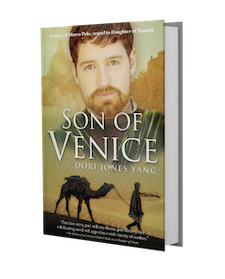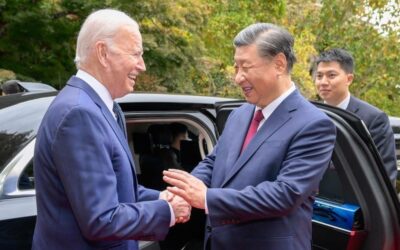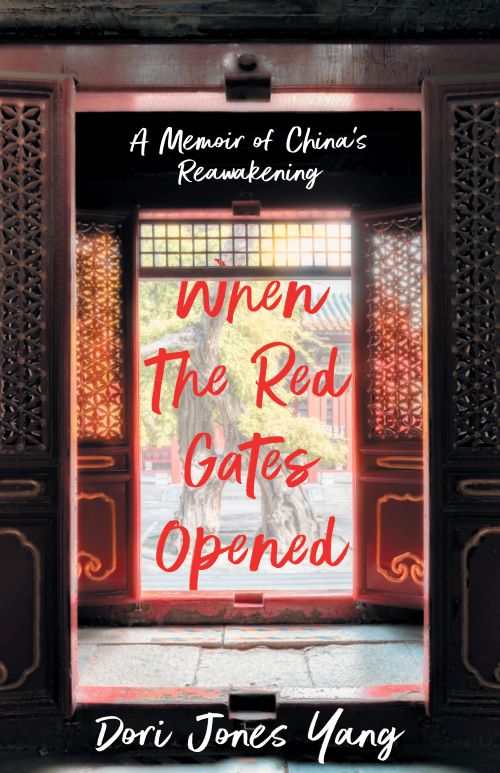Connecting generations and cultures through the lives of ordinary people
Dori Jones Yang is a writer and speaker who aims to build bridges between cultures and between generations. Author of a wide variety of books for different audiences, she loves to help people better understand China, explain complex issues in understandable language, and make history come alive.
Author’s Statement:
I believe
Cross-cultural understanding is vital for world peace.
It’s important for people in both countries that the U.S. and China to enhance their mutual understanding and carefully manage their relations.
Books can help you get to know people in other countries and appreciate their values and lives.
American children benefit from diverse books about kids from other countries and backgrounds.
We can become wiser by seeking wisdom in older people and those from other religions and cultures.
A wise and admirable company is one that aims to do well while doing good.
Good, clear writing can bridge the gap between ordinary readers and even complex subjects.
Recent Posts
A Vibe Shift in US-China Relations? Dori’s talks aboard three Viking cruises
During September and October 2025, Dori Jones Yang had the honor of being a Viking guest lecturer aboard three back-to-back Viking cruises that each stopped at nine Chinese coastal cities. Hundreds of cruise passengers came to hear Dori’s talks, and many came up to...
Dori’s talks on contemporary China aboard Seabourn cruises in 2024
Exciting news! Dori Jones Yang gave three talks about contemporary China about two Seabourn cruises off China’s coast in March and April 2024. These talks are now available on YouTube, with links below.
Biden’s Policy toward China: Managing Competition Responsibly
As a US citizen, I have squirmed at the antagonistic attitude toward China shown by President Joe Biden and many of his top officials. But what exactly is Biden’s policy toward China?














